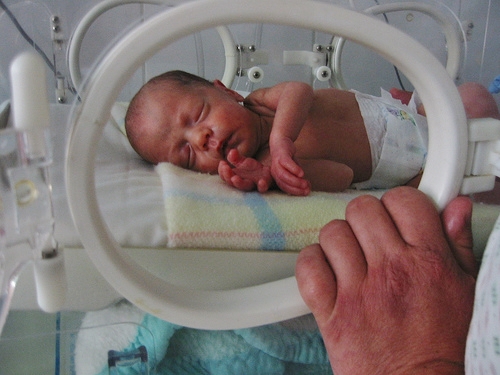¡Viva La Science! The Problem With Being Made In May
¡Viva La Science!


Photo by +Angst
Latest Article|September 3, 2020|Free
::Making Grown Men Cry Since 1992


Photo by +Angst